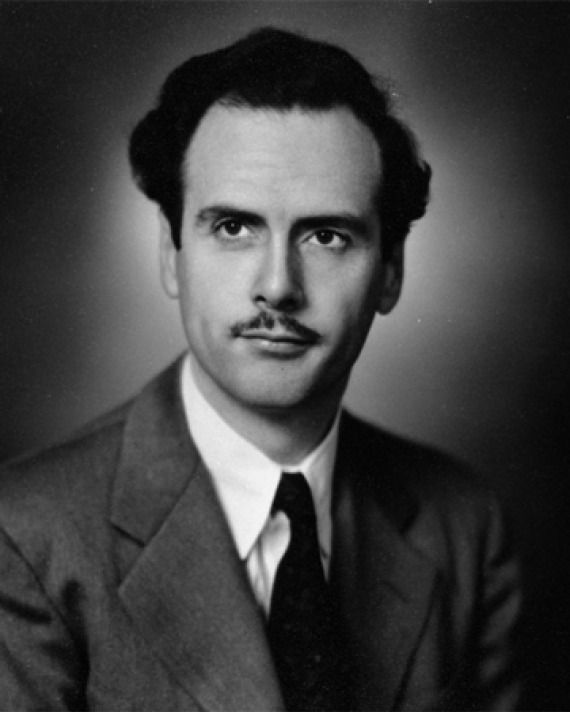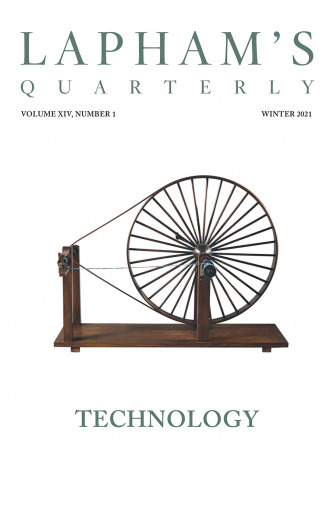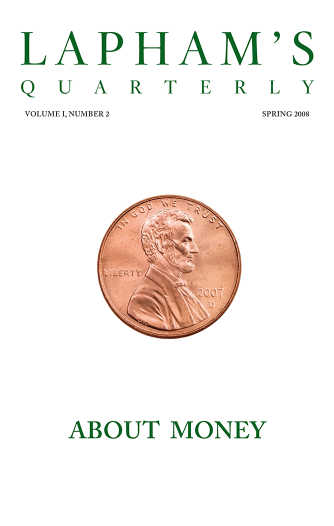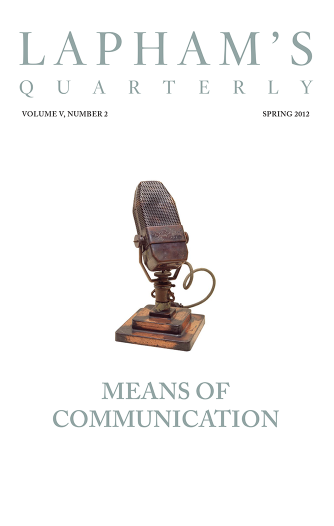
Marshall McLuhan
(1911 - 1980)
Marshall McLuhan wrote at age twenty that he would never become an academic; he went on to obtain a BA, an MA, a PhD, and teaching positions at four universities. Serving as an English professor at the University of Toronto, McLuhan in 1962 published The Gutenberg Galaxy, which popularized the term global village. Two years later he published Understanding Media, which begins, “In a culture like ours, long accustomed to splitting and dividing all things as a means of control, it is sometimes a bit of a shock to be reminded that, in operational and practical fact, the medium is the message.”



